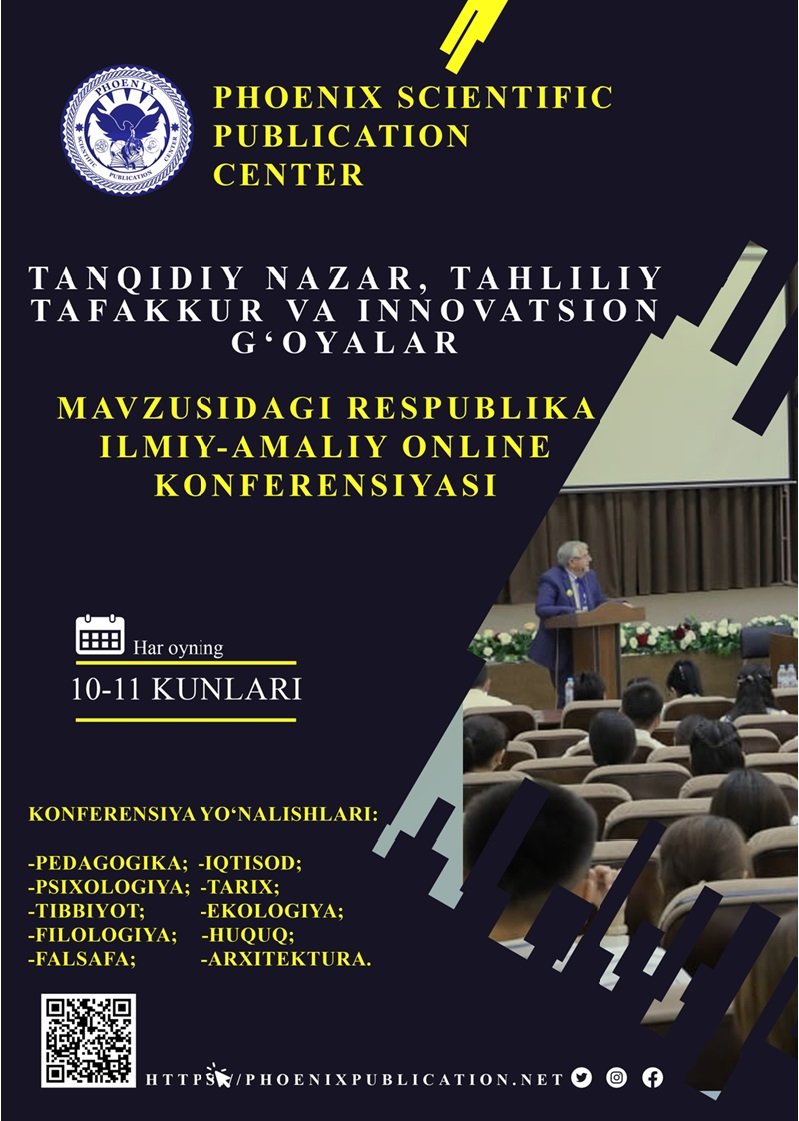Abstract
In the 21st century, globalization has reshaped not only economic and political relations but also social and cultural dynamics. One of the most visible outcomes of this transformation is the growing influence of diasporas — communities of people living outside their historical homeland. Modern diasporas have evolved from being passive outcomes of migration to becoming active participants in international relations, contributing to diplomacy, economy, and cultural exchange. This paper examines the role of diasporas in international cooperation and soft power politics, analyzing their mechanisms of influence, their contribution to state image-building, and their function as transnational actors in global governance.
References
1. Cohen, R. Global Diasporas: An Introduction. – London: Routledge, 1997.
2. Nye, J. Bound to Lead: The Changing Nature of American Power. – New York: Basic Books, 1990.
3. Safran, W. Diasporas in Modern Societies: Myths of Homeland and Return. – Diaspora: A Journal of Transnational Studies, 1991, Vol. 1(1), pp. 83–99.
4. Brubaker, R. The ‘Diaspora’ Diaspora. – Ethnic and Racial Studies, 2005, Vol. 28(1), pp. 1–19.
5. International Organization for Migration (IOM). World Migration Report 2024. – Geneva: IOM Publications, 2024.
6. World Bank. Migration and Development Brief 38: Remittances Data. – Washington, D.C., 2023.
7. Turkish Presidency for Turks Abroad and Related Communities (YTB). Annual Report on Turkish Diaspora Policy. – Ankara, 2022.
